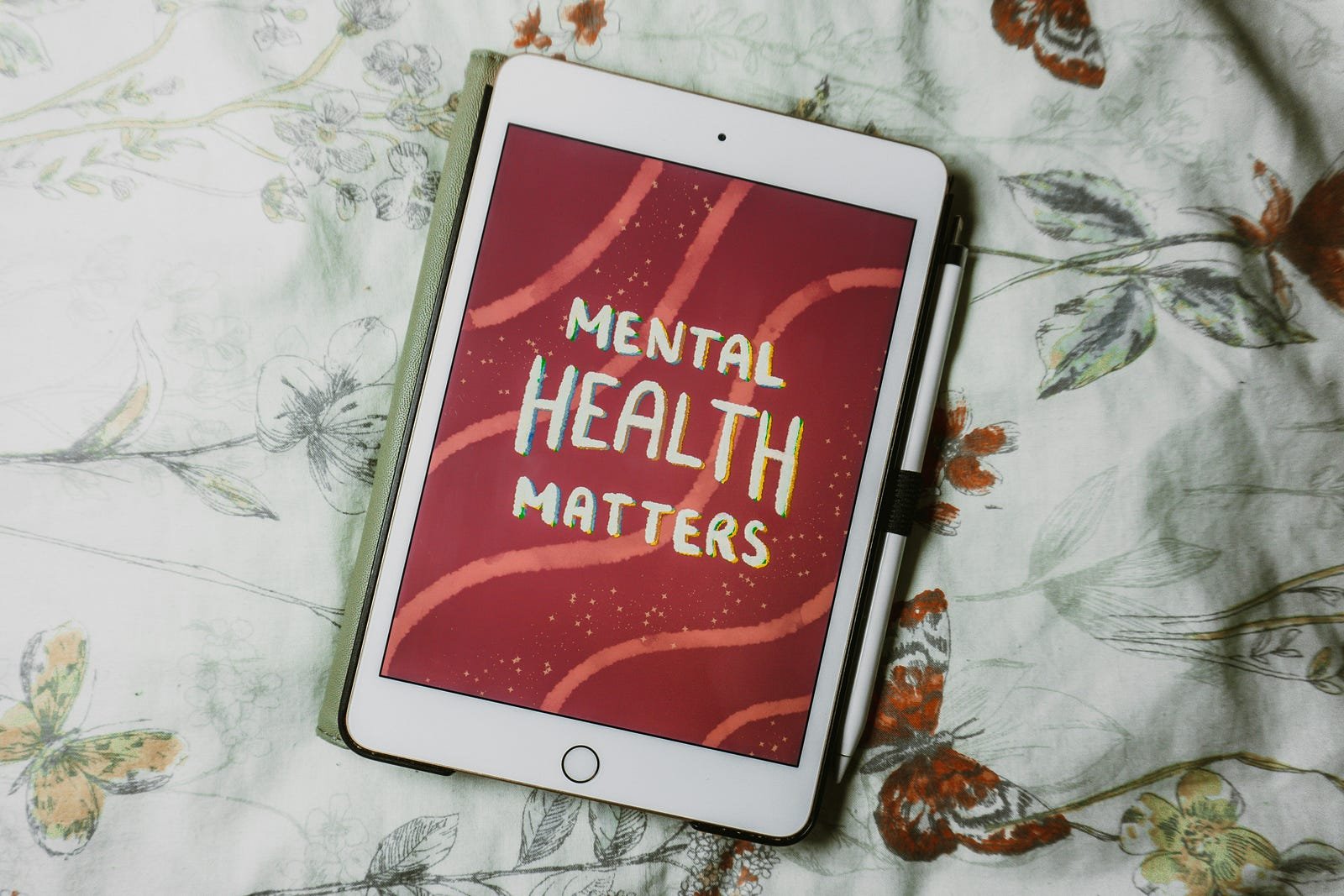Insecurity in relationships is a common challenge that can affect even the strongest bonds. While feeling vulnerable is a natural part of love and connection, unchecked insecurity can lead to misunderstandings, unnecessary conflicts, and even the breakdown of trust. The good news is that overcoming insecurity is possible with self-awareness, communication, and actionable strategies. This guide will help you understand the roots of insecurity and provide steps to build confidence and nurture a healthier, more fulfilling relationship.
Understanding Relationship Insecurity
Before diving into solutions, it’s important to identify the root causes of insecurity. Often, insecurity stems from past experiences, self-doubt, or unmet emotional needs. Here are some common triggers:
- Past Trauma: Experiences of betrayal, abandonment, or heartbreak can create lingering fears in future relationships.
- Low Self-Esteem: When you doubt your worth, you may struggle to believe your partner’s feelings are genuine.
- Fear of Rejection: A constant worry about being left or replaced can fuel possessive behaviors.
- Comparison: Social media and unrealistic standards often lead to comparing yourself to others, deepening feelings of inadequacy.
Recognizing these patterns is the first step toward addressing them.

Signs of Insecurity in Relationships
Insecurity manifests differently for everyone, but common signs include:
- Constant Need for Reassurance: Frequently seeking validation from your partner.
- Jealousy: Feeling threatened by your partner’s interactions with others.
- Overthinking: Analyzing every word or action for hidden meanings.
- Difficulty Trusting: Doubting your partner’s loyalty or intentions.
If any of these resonate, it’s time to take proactive steps to build a healthier mindset.
Why Overcoming Insecurity Matters
Insecurity can strain relationships, making it difficult to communicate openly or feel emotionally safe. It may lead to:
- Misunderstandings: Reading too much into innocent actions.
- Emotional Distance: Pushing your partner away with constant doubt.
- Unnecessary Conflicts: Fighting over imagined threats or unresolved fears.
By overcoming insecurity, you not only strengthen your relationship but also improve your emotional well-being.
How to Overcome Insecurity in Relationships
1. Build Self-Awareness
The journey to overcoming insecurity starts with understanding yourself. Take time to reflect on your feelings and behaviors. Ask yourself:
- What triggers my insecurity?
- Are these fears based on reality or past experiences?
- How does my insecurity affect my relationship?
Self-awareness allows you to recognize patterns and take ownership of your emotions.
2. Challenge Negative Thoughts
Insecurity often thrives on irrational fears. When negative thoughts arise, practice questioning their validity. For example:
- Replace “My partner will leave me” with “What evidence do I have to support this fear?”
- Replace “I’m not good enough” with “I bring unique qualities to this relationship.”
Over time, reframing these thoughts can reduce anxiety and build a more balanced perspective.
3. Communicate Openly
Clear and honest communication is the cornerstone of any healthy relationship. If you’re feeling insecure, share your feelings with your partner without placing blame. Use “I” statements, such as:
- “I feel anxious when we don’t talk about plans for the future.”
- “I feel insecure when I compare myself to others.”
Your partner may not even realize what you’re experiencing, and opening up can foster greater understanding and connection.
4. Focus on Self-Improvement
Personal growth is a powerful antidote to insecurity. Work on building confidence and self-esteem by:
- Setting Goals: Pursue hobbies or career goals that bring you joy and fulfillment.
- Practicing Self-Care: Prioritize your physical and mental well-being through exercise, nutrition, and mindfulness.
- Celebrating Achievements: Acknowledge your successes, no matter how small.
When you feel good about yourself, you’re less likely to seek validation from external sources.
5. Strengthen Trust
Trust is essential for overcoming insecurity. Both partners should make an effort to build a foundation of trust through:
- Consistency: Follow through on promises and commitments.
- Transparency: Be open about your feelings, intentions, and boundaries.
- Patience: Trust takes time to develop, so allow it to grow naturally.
When trust is strong, fears of betrayal or abandonment diminish.
6. Set Healthy Boundaries
Boundaries create a sense of safety and respect in relationships. Discuss what’s important to you and your partner, such as:
- Time spent together versus apart.
- Comfort levels with social interactions or social media.
- Expectations for communication.
Healthy boundaries prevent misunderstandings and foster mutual respect.
7. Avoid Overdependence
While it’s natural to rely on your partner for support, becoming overly dependent can fuel insecurity. Maintain your individuality by:
- Cultivating friendships outside the relationship.
- Pursuing interests and hobbies that don’t involve your partner.
- Taking responsibility for your happiness and self-worth.
A balanced relationship allows both partners to thrive independently and together.
8. Practice Gratitude
Focusing on the positives in your relationship can shift your mindset from fear to appreciation. Keep a journal of things you’re grateful for, such as:
- Moments of kindness or support.
- Shared experiences that brought joy.
- Qualities you admire in your partner.
Gratitude helps you focus on what’s going right instead of dwelling on fears or doubts.
9. Seek Professional Help
If insecurity feels overwhelming or deeply rooted, consider seeking guidance from a therapist. Counseling can help you:
- Explore unresolved trauma or past experiences.
- Develop coping strategies for anxiety and self-doubt.
- Strengthen communication and trust in your relationship.
Therapy is a valuable tool for personal growth and emotional healing.
10. Practice Self-Compassion
Remember that everyone experiences moments of insecurity — it doesn’t make you weak or unworthy. Treat yourself with kindness and understanding. Instead of criticizing yourself for feeling insecure, remind yourself:
- “It’s okay to feel this way sometimes.”
- “I am working on becoming more confident.”
Self-compassion creates a supportive environment for growth and healing.
Helping Your Partner Overcome Insecurity
If your partner is struggling with insecurity, you can support them without taking on their emotional burden. Here’s how:
- Listen Without Judgment: Validate their feelings and encourage open dialogue.
- Be Reassuring: Offer genuine affirmations and reminders of your commitment.
- Encourage Growth: Support their efforts to build confidence and address insecurities.
Patience and empathy can go a long way in helping your partner feel secure and loved.
When to Reevaluate the Relationship
While overcoming insecurity is possible, there are situations where deeper issues may need to be addressed. If insecurity leads to:
- Emotional abuse or manipulation.
- Unwillingness to work on personal growth.
- A lack of mutual trust or respect.
It may be time to reevaluate whether the relationship is healthy and fulfilling for both partners.
The Long-Term Benefits of Overcoming Insecurity
When you work to overcome insecurity, you’ll notice positive changes not only in your relationship but also in your overall well-being. Benefits include:
- Improved Communication: Open and honest dialogue becomes easier.
- Stronger Bond: Trust and emotional intimacy deepen over time.
- Greater Happiness: Feeling secure allows you to enjoy the present without fear.
- Personal Growth: Building confidence enhances all aspects of your life.
By addressing insecurity, you pave the way for a healthier, more resilient relationship.
Overcoming insecurity in relationships is a journey that requires patience, effort, and self-awareness. By understanding your triggers, practicing self-compassion, and fostering trust and communication, you can build a stronger connection with your partner and yourself.
Remember, no relationship is perfect, but with dedication and growth, you can create a bond built on confidence, love, and mutual respect. Take the first step today, and watch your relationship flourish in ways you never imagined.














